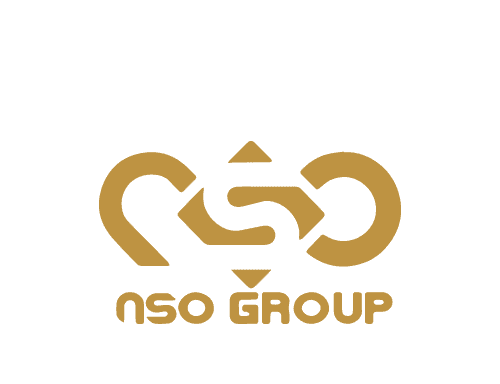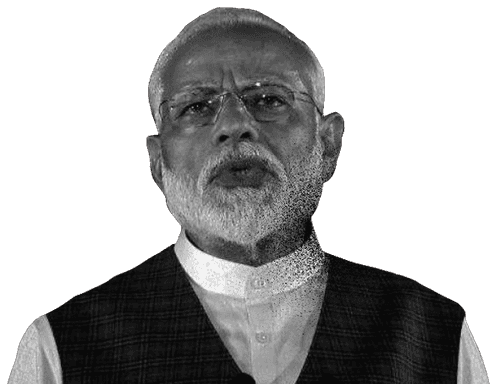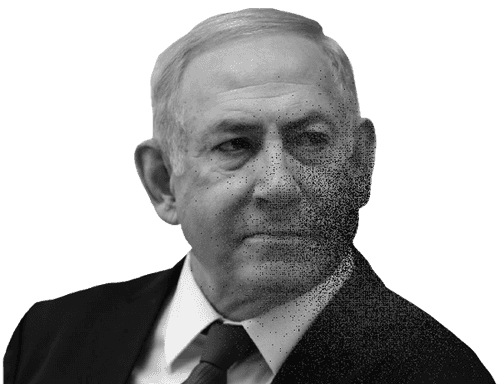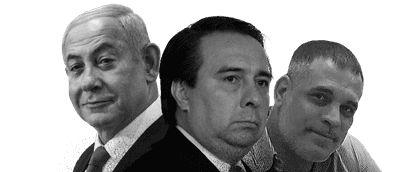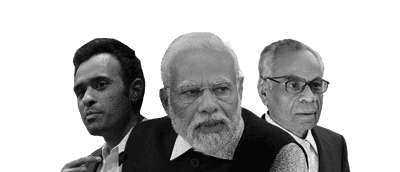Its flagship product, Pegasus spyware, is renowned for its capability to conduct zero-click remote surveillance on smartphones without any interaction from the target.
Once remotely installed on a user’s phone, Pegasus can extract text messages, contact lists, calendar records, emails, locations, and virtually any data imaginable. It can also gather sounds and video from the phone’s environment, even when the phone appears to be off. NSO Group sold Pegasus to military intelligence and other government agencies across the globe, including the FBI; it claimed to “make a world a safe place” by assisting governments and law enforcement in tracking alleged terrorists, kidnappers, and drug lords. In reality, there were virtually no checks on the usage of the product, which enabled states to spy on dissidents and political opponents.
As early as 2016, the Toronto-based research group Citizen Lab first discovered that internationally-recognized Emirati human rights defender Ahmed Mansoor had been targeted by Pegasus, likely by the UAE government. In July 2021, a report from Amnesty International, Forbidden Stories, and a coalition of other news organizations found that 50,000 phone numbers had been selected for surveillance by NSO clients. These numbers included at least 180 journalists across the world, alongside human rights defenders, political opponents, and government officials. Among the most prominent cases were Saudi Washington Post journalist Jamal Khashoggi and French President Emmanuel Macron.
While NSO Group is a private firm, it works closely with the Israeli government. Shalev Hulio, the founder of NSO Group, served as a major during his career in the IDF and recruited heavily from elite IDF intelligence units to build his team. In creating Pegasus, active Israeli intelligence officials worked closely with NSO developers. The Israeli Defense Ministry also has complete control over the product’s sales: having classified them as weapons, the ministry must approve the export of Pegasus and similar software to other countries. By far the largest exporter of spyware, having complete control over who can obtain it gives Israel massive leverage in its national security strategy.
In establishing its early relationship with NSO Group, Prime Minister Benjamin Netanyahu stated this plan simply: “With our Defense Ministry sitting at the controls of how these systems move around, we will be able to exploit them and reap diplomatic profits”. Its granting of Pegasus to the UAE. and Bahrain, for example, was a central motivator to their signing of the 2020 Abraham Accords. Crown Prince Mohammed bin Salman of Saudi Arabia, which already had access to Pegasus by that time, threatened to reverse the negotiations if Israel did not renew its Pegasus license. Mexico and Panama, who historically have voted critically of Israel in the U.N. General Assembly, began to shift their norms upon receipt of Pegasus. In an attempt to maintain its delicate allyship with Russia, Israel blocked Pegasus contracts for Ukraine and Estonia.
Israel has also built a coalition through Pegasus with its allies on the reactionary right in Poland, India, and Hungary. Despite Prime Minister Beata Szydlo and the Law and Justice party’s frequent statements of Holocaust denial, Netanyahu granted Pegasus to Poland in 2016; by 2021, it was revealed that Pegasus had targeted members of the Polish opposition. India, which historically has stood with Palestine, flipped its position upon the election of the right-wing Hindu nationalist Narendra Modi. In 2017 India was granted Pegasus. Israel sold Pegasus to Hungary under the tenure of Viktor Orban, who has fiercely advocated for Israel in the European Union.
NSO Group’s surveillance technology has been tested and used extensively against Palestinians, including using Pegasus to target Palestinian human rights defenders at the six NGOs it unlawfully designated as terrorist organizations in 2021. In selling its products to other states, NSO Group advertises the value of this “hands-on” training from Israeli veterans who had expertise in using Pegasus and other phone hacking products against Palestinians.
In October 2021, the US Department of Commerce blacklisted NSO Group. In a national security strategy outline, President Biden stated his administration would fight the “illegitimate” use of these Israeli cyber surveillance technologies, proclaiming its commitment to “stand against digital authoritarianism”. The move dealt a debilitating blow to NSO Group’s international standing, the repercussions of which remain to be seen.
Israel has heavily critiqued the US for its decision and continues to lobby for its reversal. All of Israel’s leaders, regardless of party, have fiercely defended the industry upon scrutiny, citing its centrality to Israeli foreign policy. Yigal Unna, former director general of the Israeli National Cyber Directorate, told the US as much: “The people aiming their arrows against NSO are aiming at the blue and white flag hanging behind it”. Since Israel began its genocidal campaign against Gaza in October 2023, NSO Group has leveraged the October 7th Hamas attacks as reinforcing the importance of their surveillance technology, sending a letter to the US Secretary of State Blinken urging the US to reverse its blacklist of the company.

